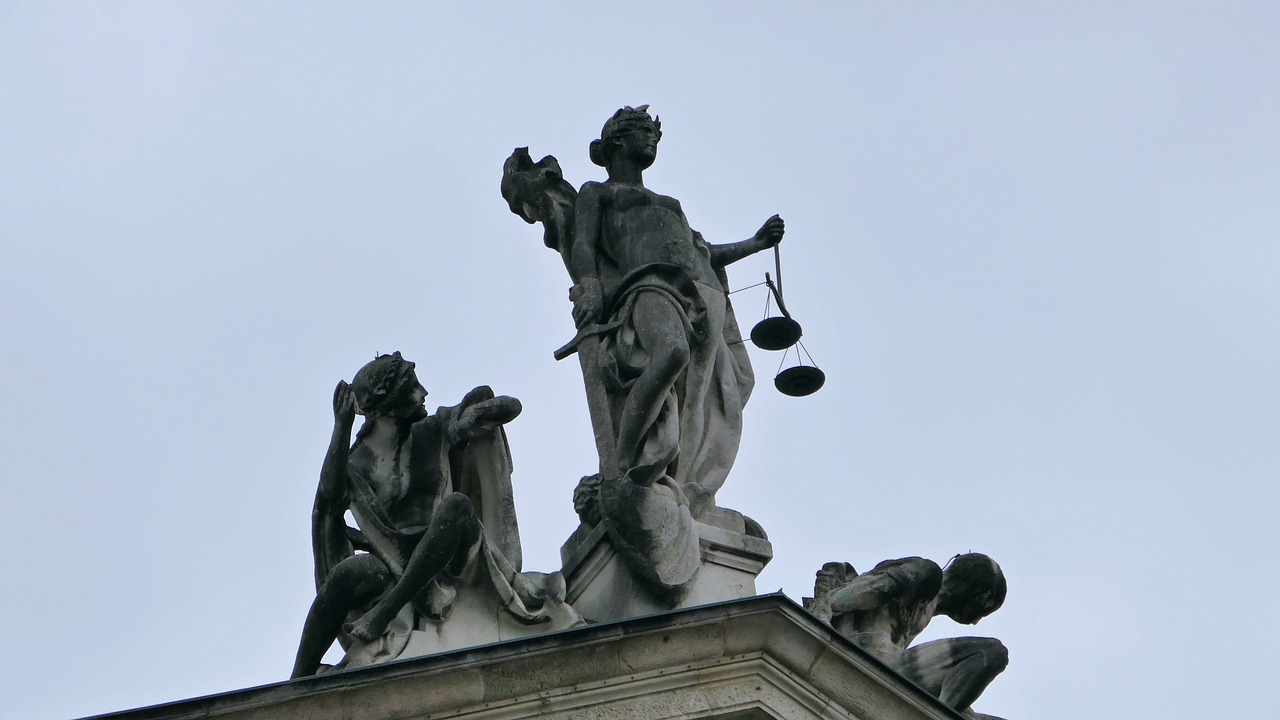In the illustrious realm of Norse mythology, Forseti is renowned as the personification of justice and mediation. Born to Baldur, the god of light, and Nanna, the goddess of tranquility, Forseti’s heritage reinforces his role in resolving conflicts with equity and righteousness among both divine beings and humans.
Forseti Overview
- Parents: Baldur and Nanna
- Siblings: None
- Partners: None known
- Children: None known
- Tribe: Aesir
- Old Norse Name: Forseti
- Other Names: Fosite, Foseti
- Domain: Justice and Mediation
Name and Historical Context
The name Forseti is derived from the Old Norse term “for-sitja,” meaning “the presiding one” or “president.” This title aptly reflects his authority in adjudicating disputes, upholding the principles of justice. While references to Forseti are limited in ancient literature, he is indirectly mentioned in relation to his father, Baldur, in the Skáldskaparmál, where Baldur is referred to as “Father of Forseti,” indicating a significant connection to these esteemed deities.
Origins and Ancestry
Although myths featuring Forseti are scant, some researchers suggest that he may not have been a prominent figure during the Viking Age but rather a later conceptualization. His potential precursor might stem from the Frisian god, Fosite, hinting that Forseti’s roots could extend beyond traditional Norse narratives, although this remains speculative.
Family Connections
Forseti exemplifies a god who prioritizes his divine responsibilities over personal relationships, showcasing a singular focus on promoting justice and harmony. Unlike many of his divine counterparts known for their romantic exploits, Forseti’s character is distinctly centered around his judicial role.
Roles and Duties
Forseti’s principal function within Norse mythology is as a mediator, ensuring fairness prevails in all disputes. Ancient texts reveal that his celestial abode, Glitnir, serves as the venue for such resolutions. This shimmering hall, constructed of gold and silver, symbolizes purity and transparency in the pursuit of justice. The Grímnismál, part of the Poetic Edda, paints a detailed portrayal of his daily existence in Glitnir, where he dedicates himself to addressing various matters. Furthermore, Snorri Sturluson’s works corroborate his esteemed status, emphasizing that all who approach him leave their disputes amicably resolved.
Attributes and Representation
In the grand scheme of Norse deities, Forseti is distinguished not by martial prowess but rather by his commitment to justice. His portrayal in myths reflects a composed and wise demeanor, devoid of the conflicts that characterize other gods like Odin or Thor. As such, Forseti emerges as a revered symbol of fairness and rectitude.
Symbols and Artifacts
Due to the scarcity of mentions in ancient manuscripts, Forseti lacks specific symbols, artifacts, or animal representations attributed to him. This may support the notion that he was introduced into the Norse pantheon in later periods, or it could indicate that myths surrounding him have unfortunately been lost.
Conclusion
Forseti’s role in Norse mythology highlights the importance of justice and mediation within the divine hierarchy. While few specific myths explore his character, his legacy as a fair and just arbiter remains significant. The discussions around his fate during Ragnarok, particularly given the uncertain legacy of many gods post-event, continue to intrigue scholars and enthusiasts of Norse mythology.
Frequently Asked Questions
-
What distinguishes Forseti?
Forseti is celebrated as the Norse god dedicated to justice and mediation. -
Where is Forseti’s residence?
He resides in Glitnir, a distinct hall characterized by its glorious silver roof and golden pillars. -
Does Forseti engage in romantic relationships?
Forseti is not noted for romantic involvements, emphasizing his focus on divine responsibilities. -
What ties Forseti to Baldur?
He is the son of Baldur and Nanna, marking a noble lineage among the gods. -
What is Forseti’s fate during Ragnarok?
The question of Forseti’s survival during Ragnarok remains debated, with some speculating he may have endured.



